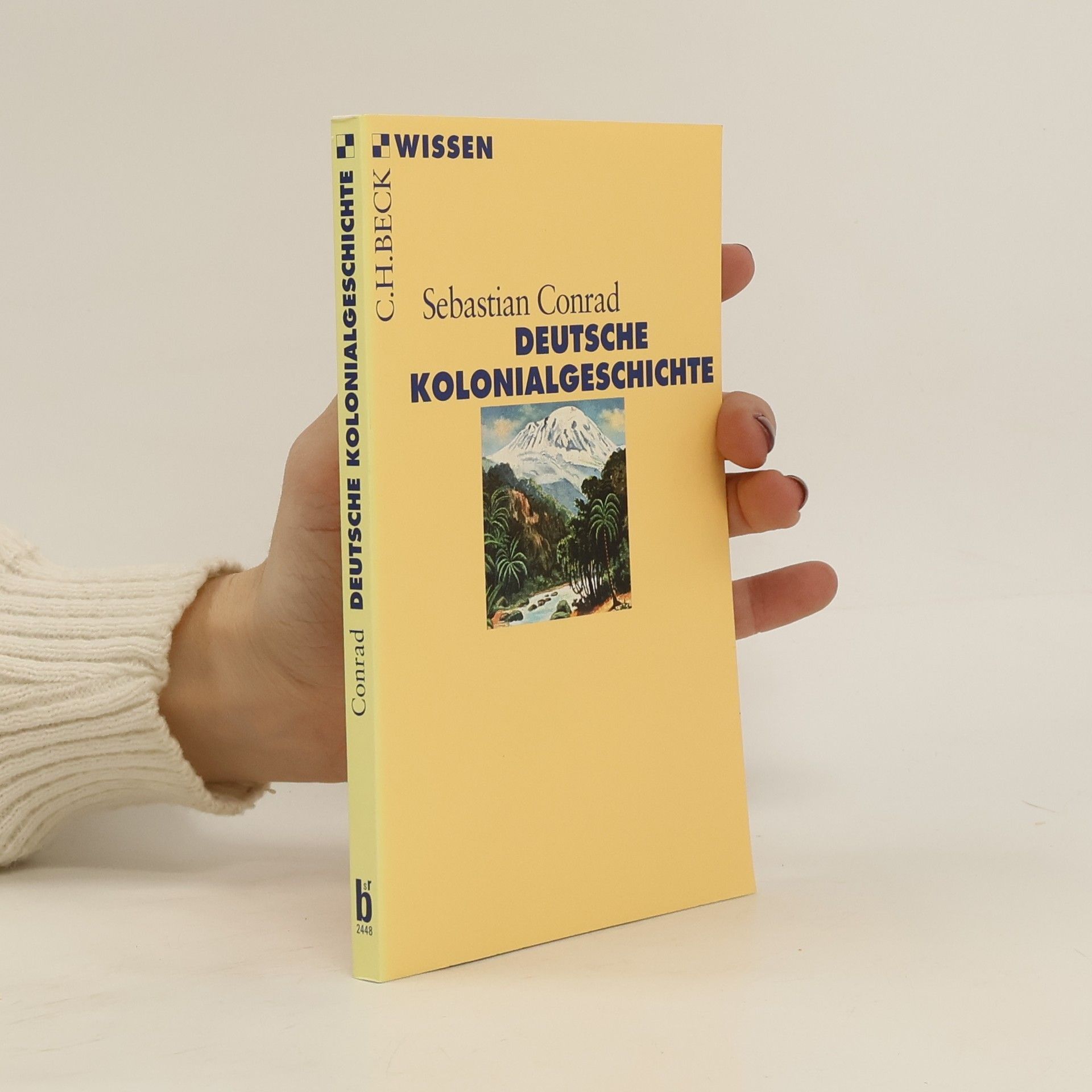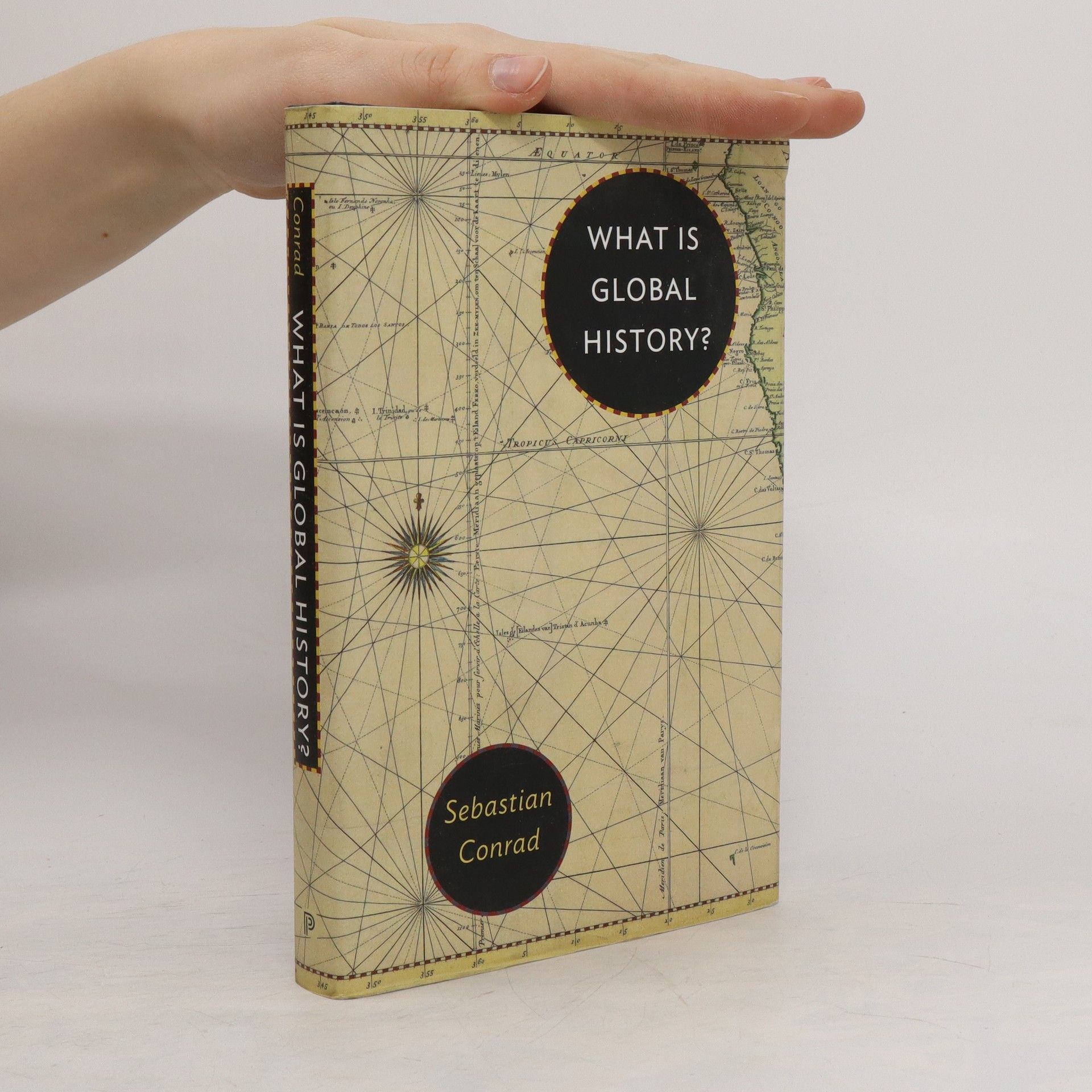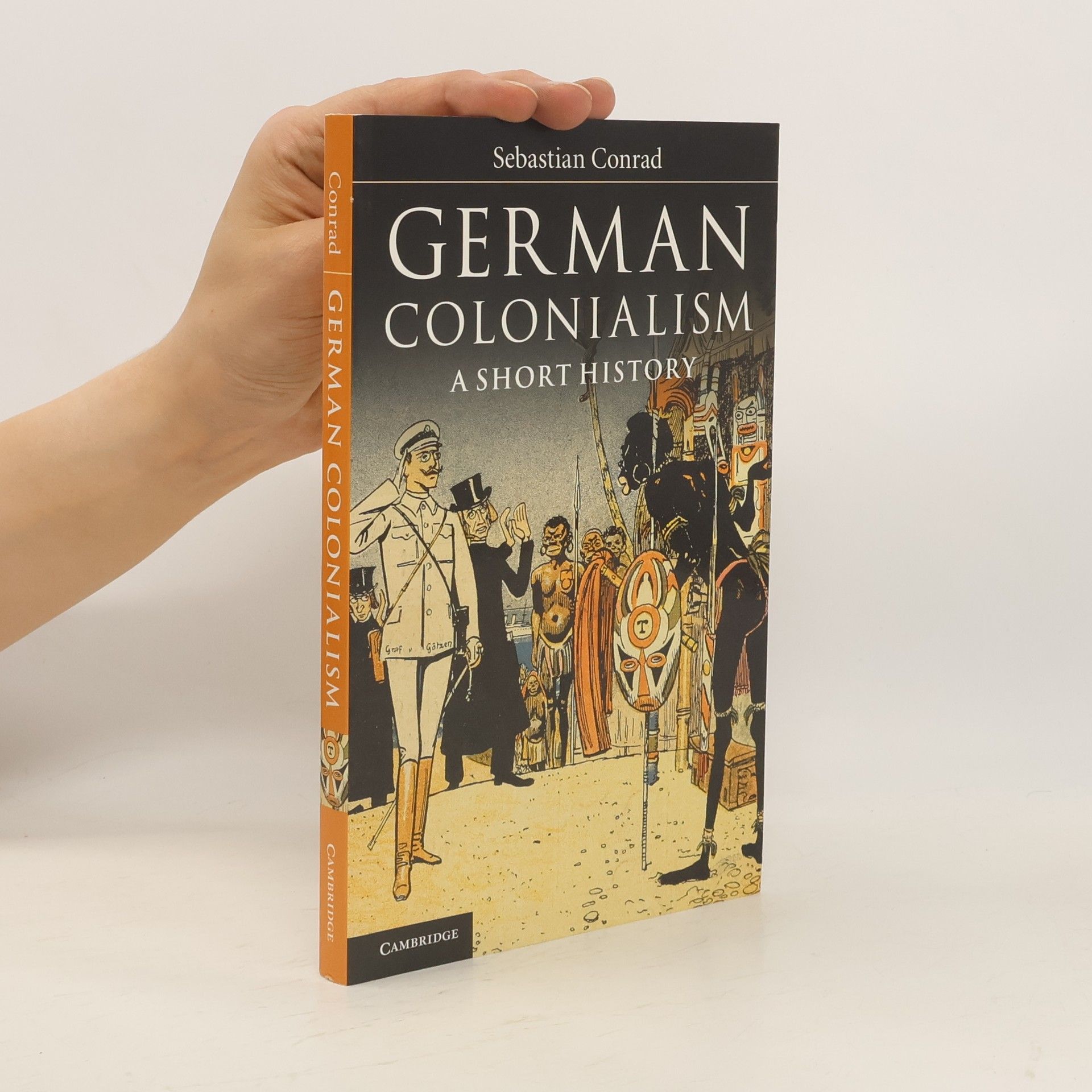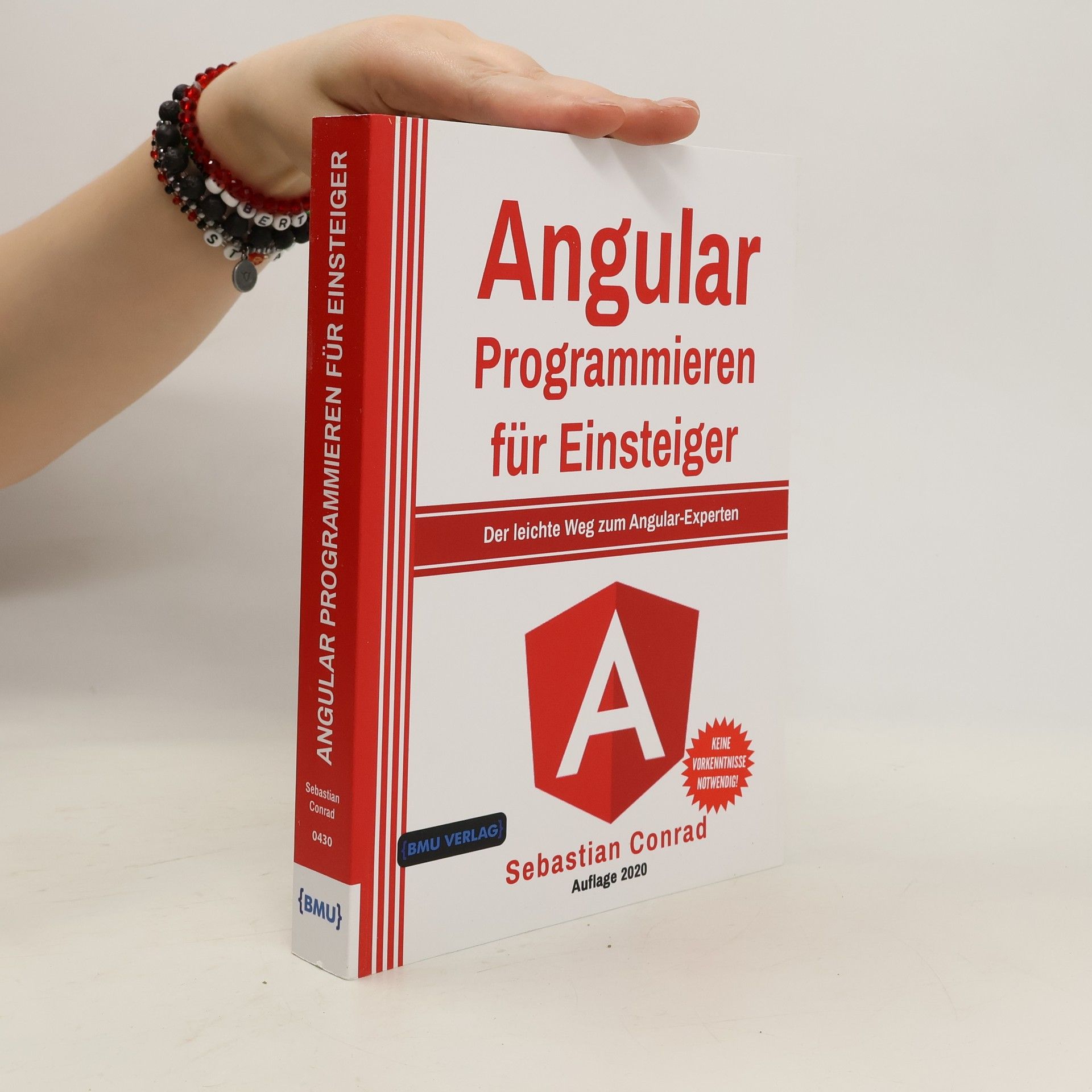The book explores the significant transformations that occurred globally after 1750, highlighting the interconnectedness of states and regions through commerce and conflict. It delves into the historical developments that shaped the modern world, focusing on events and changes outside the Western perspective. As part of a comprehensive six-volume series, it provides a detailed analysis of this pivotal era in world history, emphasizing the emergence of new dynamics that influenced global interactions.
Sebastian Conrad Books






This book explores the wide-ranging consequences of Germany's short-lived colonial project for the nation, and European and global history.
What is Global History?
- 312 pages
- 11 hours of reading
This comprehensive overview delves into the innovative discipline of global history, which has emerged in response to the transformative effects of globalization. Traditional historical methods, rooted in the nineteenth century, are no longer adequate for understanding the interconnectedness of nations or the global narrative that transcends Western perspectives. The book outlines the dynamic nature of global history, emphasizing its challenge to conventional historical premises and methodologies. It tackles critical questions facing the discipline in the twenty-first century, such as the distinction between global history and other world history interpretations, how to avoid Eurocentrism while preventing new centrisms, and the politics surrounding global history. Additionally, it examines the challenges and limitations of this new paradigm, including the audience for whom global history should be written. Authored by a leading expert, this accessible work illustrates how viewing the past as an integrated whole can reshape the field of history, offering insights relevant to our increasingly globalized world.
Die Königin
Nofretetes globale Karriere | Shortlist NDR-Sachbuchpreis 2024
- 384 pages
- 14 hours of reading
Eine Weltreise auf den Spuren der sagenhaften Königin Ihre Entdeckung im ägyptischen Tell el-Armana war eine Sensation, ihre Präsentation 1924 in Berlin sorgte für Furore weit über Deutschland hinaus. Inzwischen reicht schon ihre Silhouette aus, und alle wissen, wer gemeint ist und wofür sie steht. Was aber ist der Grund dafür, dass die weltberühmte Büste der Nofretete heute an ganz unterschiedlichen Orten als Paradebeispiel für weibliche Schönheit verstanden wird? Und wie kommt es, dass Nofretetes Zauber mehr als drei Jahrtausende unbeschadet überstanden hat?Der Historiker Sebastian Conrad nimmt uns mit auf eine Reise in das alte Ägypten und die Welt der Pharaonen; er schildert, unter welch dubiosen Umständen die Büste im Zeitalter des Kolonialismus nach Berlin gelangte und wie seither um ihren Besitz gerungen wird. Seine weitgespannte historische Erzählung führt uns nicht nur nach Berlin und Kairo, sondern auch nach China, Indien und Brasilien, und wir erfahren, warum sich heute gerade Künstlerinnen wie Beyoncé und Rihanna als Wiedergängerinnen Nofretetes inszenieren.
Deutsche Kolonialgeschichte
- 128 pages
- 5 hours of reading
Das deutsche Kolonialreich war nicht groß und währte nur 30 Jahre. Es wirkte jedoch in vielfältiger Weise auf Deutschland zurück. Sebastian Conrad beschreibt, wie die koloniale Ordnung funktionierte, wo sie an ihre Grenzen stieß und wie die einheimischen Gesellschaften auf die Fremdherrschaft reagierten. Gleichzeitig bindet er die Geschichte der Kolonien in den größeren Zusammenhang der Globalisierung um 1900 ein und zeigt, wie stark die koloniale Erfahrung das Denken der Europäer prägte.
Im ersten Band der Reihe werden Schlüsseltexte der international wichtigsten Vertreter der Globalgeschichte erstmals in deutscher Sprache publiziert: Christopher A. Bayly, Charles Bright, Frederick Cooper, Arif Dirlik, Michael Geyer, Christopher L. Hill, Rebecca E. Karl, Erez Manela, Jürgen Osterhammel, Kenneth Pomeranz und Andrew Zimmermann.
Angular Programmieren für Einsteiger
Der leichte Weg zum Angular-Experten
Der leichte Weg zum Angular-Experten! Das Angular-Framework von Google hat sich als führende Entwicklungsplattform für private und komplexe Unternehmensanwendungen im Frontend-Bereich etabliert. In diesem Buch lernen Sie praxisnah die Grundlagen von TypeScript sowie die Zusammenhänge der einzelnen Bausteine von Angular. Vorkenntnisse in HTML, CSS und JavaScript sind ausreichend. Die Kapitel werden durch eine praxisnahe Übungsanwendung, zahlreiche Beispiele und Übungsaufgaben ergänzt. Fortgeschrittene Themen wie das Erstellen eigener Angular-Bausteine, Arbeiten mit Datenströmen, Einrichten von Navigations-Routen, Erstellen von Formularen und Verarbeiten von Benutzereingaben sowie Serverkommunikation werden behandelt. Sie erfahren, wie Sie das Angular-Framework einrichten und welche Werkzeuge und Tools zur Verfügung stehen. Zudem werden Grundlagen von TypeScript, der Aufbau des Angular-Frameworks, die Erstellung eigener Komponenten, Direktiven und Services sowie die Organisation von Angular-Bausteinen in Modulen behandelt. Das Einrichten von Routen, das Arbeiten mit Observables, die Validierung von Benutzereingaben und das Testen von Angular-Bausteinen sind ebenfalls Themen. Übungsaufgaben mit Lösungen nach jedem Kapitel sichern den Lernerfolg, und ein umfangreiches Praxisprojekt dient als Vorlage für eigene Projekte. Der Quellcode ist kostenfrei zum Download verfügbar. Entwickeln Sie professionelle Angular-Anwendungen!
Koloniale Zeiten, Globale Zeiten: Geschichtsschreibung und imperiale Weltgestaltung
Colonial Times, Global Times: History and Imperial World-Making
Verso il mondo moderno
- 1018 pages
- 36 hours of reading
Verso il mondo moderno è il titolo scelto per questo volume; qui ci proponiamo di illustrare e discutere un'epoca che più di ogni altra è stata intesa, fino a oggi, come un periodo di rottura e transizione. Molti suoi contemporanei, in diverse parti del mondo, ebbero già l'impressione che la vita stesse mutando a un ritmo più veloce rispetto a prima, e che davanti ai loro occhi stesse sorgendo qualcosa di nuovo, mentre l'antico veniva screditato. Questa volta, le rivoluzioni non volgevano la ruota della storia in un eterno ritorno, ma additavano un futuro incerto. La fabbrica e la ferrovia non erano mode passeggere, ma realtà materiali per nulla destinate a scomparire. Dall'Introduzione di Sebastian Conrad e Jürgen Osterhammel

